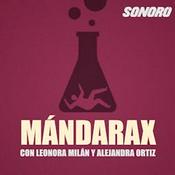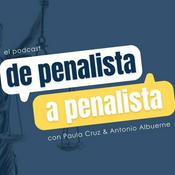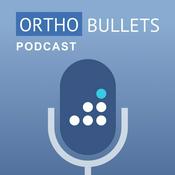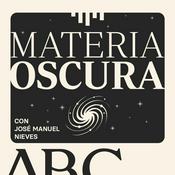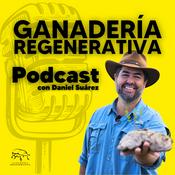64 episodios
- Welcome back to SERious Epidemiology! This is the first official episode of the fifth season of SERious Epidemiology. This season we’ll be discussing the textbook Causal Inference: What If. Chapter 1 discusses foundational concepts of causal inference, including identifiability assumptions, counterfactuals, individual vs. population-level causal effects, and null effects. We talk about the example of Greek gods and goddesses and the notation (e.g., Y for the outcome) used throughout the textbook. In this episode, we hope to highlight the concept that causal effects involve a comparison. Matt also offers a hot take comparing the identifiability assumptions to the Marvel cinematic universe: exchangeability is Captain America, consistency is the Hulk, positivity Ironman, the no interference assumption is Groot. Do you agree?
- Welcome back to SERious Epidemiology! This episode sets the stage for the fifth season of our podcast. We are excited to announce that Season 5 will be focused on the textbook Causal Inference: What If by Miguel Hernan and James Robins. In this intro episode we chat with Dr. Hernán, discuss what motivated the authors to write this book, and provide a big-picture overview of the textbook so you can all get excited about what is to come this season.
A copy of the textbook is available online at: https://miguelhernan.org/whatifbook - In an episode recorded before the US presidential elections (somehow) Matt and Hailey end season 4 with a discussion of agent based models, following on from our previous conversation with Dr. Brandon Marshall on the topic. This was perhaps the hardest solo conversations we’ve had as neither of us have much experience with them, but we are both really fascinated by them. We discuss their role in epi curriculum and whether all epi students should learn them. We discuss what they are and how they are useful in epidemiology as simulations and whether they are like SimCity. We also discuss their relationship with counterfactuals and counterfactual theory. We talk about how we see them as relating to DAGs and feedback loops. And we talk about the no interference assumption as it related to both causal inference and agent based models
- In this episode, we discuss Agent Based Models with Dr. Brandon Marshall of the Brown School of Public Health. We talk about what these models are and why they are so useful in epidemiology. We discuss the challenges with these models and how to improve them. We talk about microsimulations and their relationship to mathematical models like SIR models. We talk about how the fit into the world of predictive models but also how they relate to counterfactuals. We talk about how to account for bias in the inputs in these models and how they relate to DAGs and data generating mechanisms. We talk about all the skills needed to create ABMs (coders, modelers, epidemiologists, etc.) and the software used to create them as well as the challenges with and need for replication, calibration and validation. And we talk about how far outside of Matt and Hailey’s experience in epidemiology.
- In this episode we follow up on our conversation with Tim Lash on Quantitative Bias Analysis (QBA), something both Hailey and I have experience with. We talk about what QBA is, why you would want to use it and for what sources of bias it is most applicable. We talk about our own experience with QBA and when we find it most useful. We talk about cases where lots of measurement error leads to little bias and cases where small amounts of measurement error leads to lots of bias. We talk about the overused phrase “non-differential bias towards the null” and why we both hate it. We discuss the impact of bias in terms of direction, magnitude and uncertainty in study results. We talk about the critiques of the methods and when QBA should be done. And we discuss what the role of peer review is (and if it should include QBA). And we discuss Matt’s whether our small talk is useful, our ability to time travel and whether naps are good or bad and if podcasts can nap.
Más podcasts de Ciencias
Podcasts a la moda de Ciencias
Acerca de SERious EPI
SERious EPI is a podcast hosted by Hailey Banack and Matt Fox where leading epidemiology researchers are interviewed on cutting edge and novel methods. Interviews focus on why these methods are so important, what problems they solve, and how they are currently being used.
Sitio web del podcastEscucha SERious EPI, Radiolab y muchos más podcasts de todo el mundo con la aplicación de radio.net

Descarga la app gratuita: radio.net
- Añadir radios y podcasts a favoritos
- Transmisión por Wi-Fi y Bluetooth
- Carplay & Android Auto compatible
- Muchas otras funciones de la app
Descarga la app gratuita: radio.net
- Añadir radios y podcasts a favoritos
- Transmisión por Wi-Fi y Bluetooth
- Carplay & Android Auto compatible
- Muchas otras funciones de la app


SERious EPI
Escanea el código,
Descarga la app,
Escucha.
Descarga la app,
Escucha.






